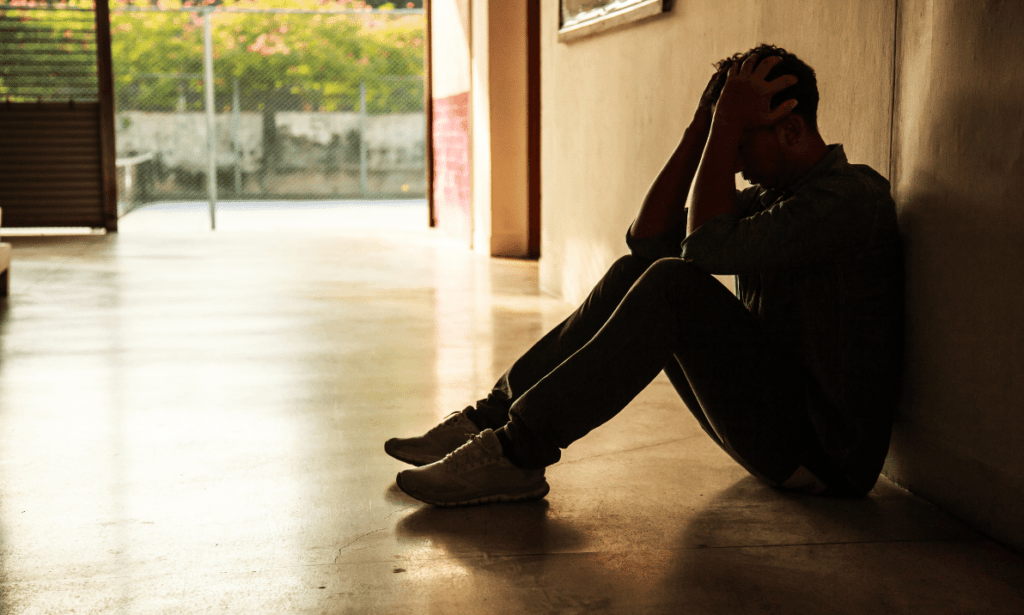By Nour El Miligi
Just as much as we call for women’s empowerment, defending their rights with all the tools and weapons at hand, we shouldn’t forget how masculinity is viewed in the Middle East. Men are just as vulnerable as women are; they have their own struggles, issues that they encounter every day in society, but unlike us, they are almost always punished whenever they allow themselves to show the slightest bit of emotion.
It’s a hard pill to swallow for many, portraying men as victims after the countless incidents of harassment and violence that happen every day at their hands. But did we even give it a second thought as to why our culture has become such fertile ground for toxic masculinity in the first place?
We condemn those who oppress, harass, and assault our women, but is it possible that we as a society have our own role to play? Are we not all partly to blame? Before you sharpen your knives and pitchforks, let us make our case and you might just change your mind.
Tameem Youness shares his own experience
Remember when a campaign was launched against a dentist accused of assaulting his patients? Tameem Younis shared his own experience with the doctor and how traumatizing the experience was. What’s so shocking about the incident was not just the fact that a famous male personality fell victim to a harassment crime, but it was people’s reactions to Tameem’s confession that were truly appalling. Some questioned how he could ‘expose’ himself in this way, sharing such a sensitive and emasculating story, while others went so far as to accuse him of lying.
The fact that men are hindered from expressing their grief, trauma, and sorrow has become confining both mentally and physically, buying into the myth of “men don’t cry”, glorifying the concept of men having to be insensitive and harsh, and that any other form of self-expression will be considered as less manly.. which is absolute hogwash! It’s time we turn our gears towards those who need emotional support, and it’s time we realize that it’s not just women who need help.
Taymour w Shafika
Many, if not all of us, find the movie extremely romantic and have actually labeled the couple as the ultimate “relationship goals”. We can’t deny that the action-packed journey of him trying to save his lover after she was kidnapped was pretty heroic, and the sweet talk was pretty touching as well, but can we delve more into Taymour’s real character? He’s an insecure lover whose extreme jealousy hindered Shafika from attending her best friend’s birthday party on her own without causing a scene, traveling with her friends, and finally from becoming a minister. Why? Because he is “Si el Sayed” as he dubbed it, and that grants him the right to literally control Shafika’s every move, and when she refuses, well, she becomes the bad guy who must face a breakup as a consequence. Not to mention the fact that Taymour was forced to hide his feelings when Shafika was going to see someone else, how in all the touching scenes he never cries, nor expresses how he feels. It’s sad and inhuman.
In a world where figures like Taymour are glorified and seen as the “perfect” lover, and where women admit that they fall for “bad boys” like Taymour, what do we expect to happen? What is the message we’re trying to convey, setting examples like this as a standard?
Bringing our argument to the table, insurmountable barriers are placed on men when it comes to self-expression and opening up. As adamant as we are about protecting women’s rights and reinforcing an idealistic version of men, we sometimes unintentionally demonize men and deny them the right to show vulnerability, which eventually backfires and triggers the same toxic masculinity we’re working so hard to fight.
The distorted image of how a man should be is based on a deep-rooted belief that a ‘real man’ never cries, a man doesn’t show vulnerability and a true man never asks for help. So it’s no wonder we find men opting for the socially acceptable version of themselves. This is what society expects them to be.
It’s time we catapulted the gender equality movement and start giving men their simplest rights; to be human, and to be allowed to shamelessly feel and express the whole spectrum of emotions. The world will never be a safe place for women so long as men are forced into the role dictated to them by an oppressive and judgemental society.



